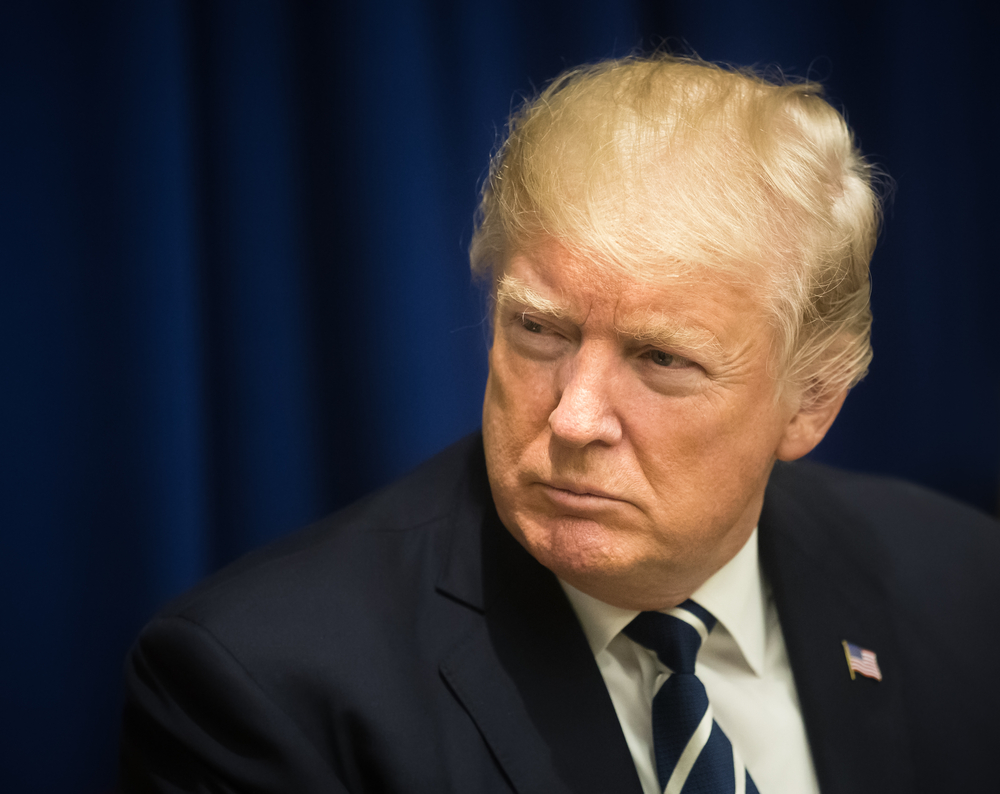In a revelation with substantial implications, House Democrats uncovered that during his presidency, Donald J. Trump’s businesses received approximately $7.8 million from 20 foreign governments. The report from the House Oversight Committee scrutinizes Trump’s financial gains from overseas transactions, predominantly from China, emphasizing the blatant disregard for constitutional directives regarding acceptance of foreign funds.
The report, titled “White House For Sale,” meticulously outlines transactions where foreign entities engaged with Trump’s establishments, notably the Trump International Hotel in Washington, D.C., Las Vegas, Fifth Avenue, and Trump World Tower in New York. These transactions flagrantly violate constitutional provisions barring officeholders from accepting funds from foreign governments without Congress’s consent, a step Trump never pursued.
Democrats aimed to counterbalance Republican inquiries into President Biden’s alleged international business deals, citing the lack of evidence connecting Biden to corruption. Representative Jamie Raskin highlighted Trump’s prioritization of personal financial interests over the nation’s, challenging established presidential precedents.
The report identified China as the primary contributor, disbursing $5.5 million, followed by Saudi Arabia with over $615,000. Eric Trump defended these transactions, citing pre-presidential lease agreements and asserting that profits were remitted to the Treasury Department voluntarily. However, this voluntary gesture didn’t absolve the constitutional mandate.
Republicans, while dismissing the revelations about Trump, redirected the focus towards the Biden family, insinuating corruption. They pivoted attention away from investigations into Trump’s financial affairs after gaining control of Congress, abandoning probes into his business dealings.
Democrats acknowledged the limitations of the report, as it only uncovered a fraction of Trump’s business records after a protracted legal battle. The report underscores a need for new disclosure protocols and formal procedures for receiving wealth from foreign entities by high-ranking officials.
This investigation, initiated in 2016 under the late Representative Elijah E. Cummings, paints a concerning picture of Trump’s financial entanglements. Trump’s casual mentions of his financial ties with foreign entities at a 2015 rally and the subsequent revelations urge Congress to enhance oversight and institute stringent disclosure measures to prevent such conflicts of interest in the future.
The comprehensive insights and factual details presented in this article are derived from The New York Times



